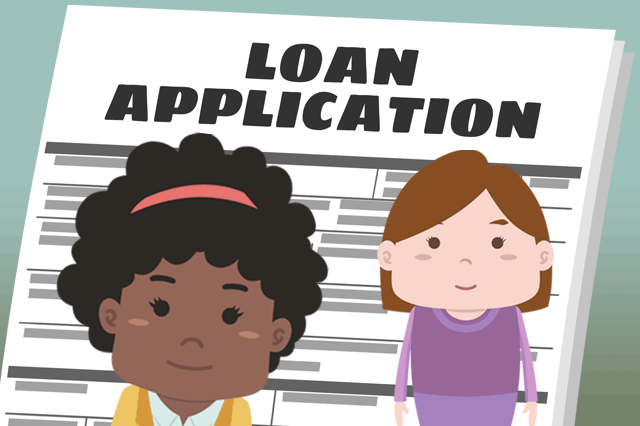Does Cosigning Another Loan Hurt Your Own FHA Loan Application?

At the time of this writing, FHA loan rules in HUD 4155.1 address co-signer issues. Chapter Four Section C has a section called, “Contingent Liability On Cosigned Obligations” which explains what the FHA considers a contingent liability for the purposes of processing an FHA mortgage loan:
“A contingent liability exists when an individual is held responsible for payment of a debt if another party, jointly or severally obligated, defaults on the payment.” If the borrower is obligated as a co-signer, there could be a financial liability. However, the next paragraph in Section C adds some clarity:
“The contingent liability policies described in this topic apply unless the borrower can provide conclusive evidence from the debt holder that there is no possibility that the debt holder will pursue debt collection against him/her should the other party default.”
So how does being a co-signer and how it might affect your FHA loan application? “Contingent liability applies, and the debt must be included in the underwriting analysis, if an individual applying for an FHA-insured mortgage is a cosigner/co-obligor on a car loan, student loan, mortgage, or any other obligation.”
Does having this potential debt always hurt the FHA loan applicant’s debt to income ratio? Not always:
“If the lender obtains documented proof that the primary obligor has been making regular payments during the previous 12 months, and does not have a history of delinquent payments on the loan during that time, the payment does not have to be included in the borrower's monthly obligations.”
That’s good to know not only when you’re in the planning stages for an FHA mortgage. It can also to help before you’ve committed to applying for one--knowing the implications of being a co-signer can help you make a more fully informed decision to become one...or not.
------------------------------
RELATED VIDEOS:
Here's the Scoop on Conventional Loans
When Do You Need a Cosigner?
Analyzing Your Debt Ratio

Do you know what's on your credit report?
Learn what your score means.






